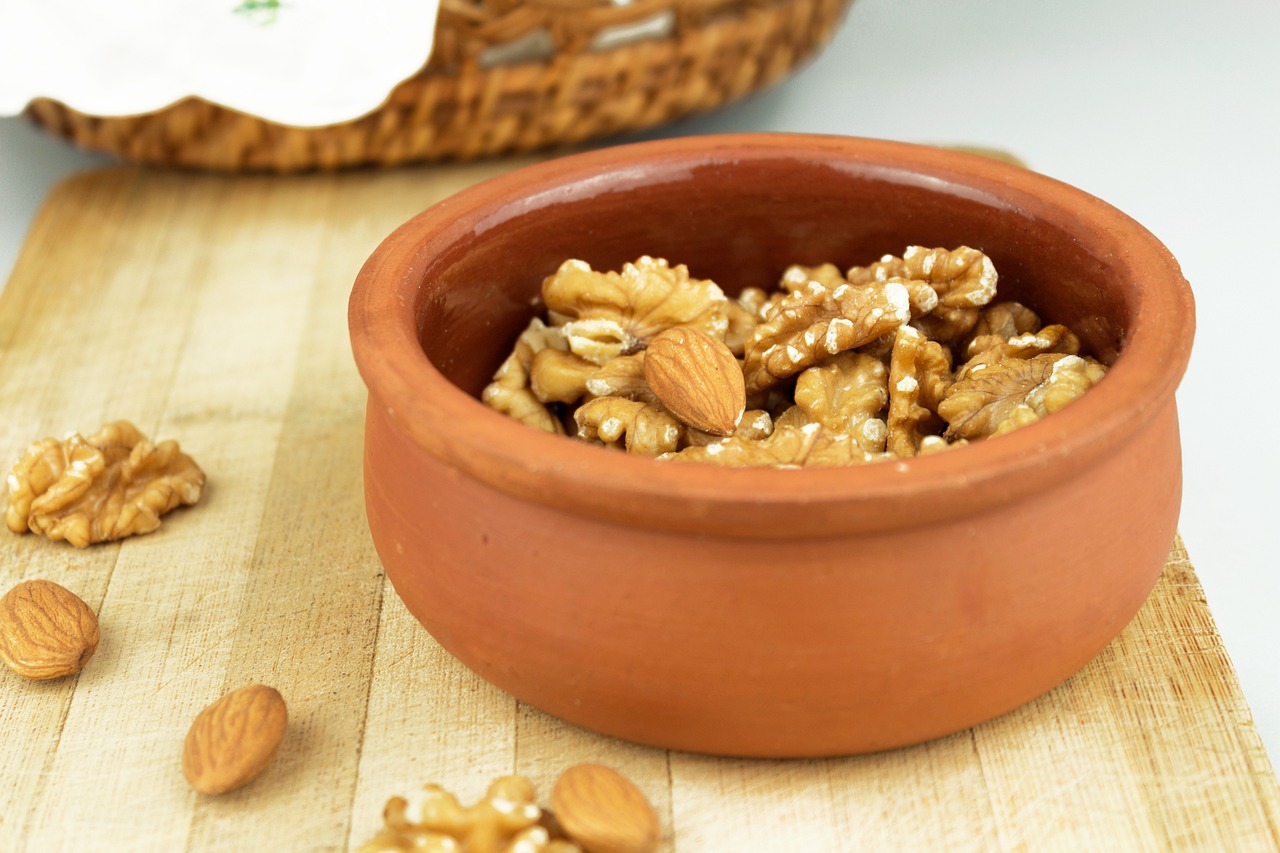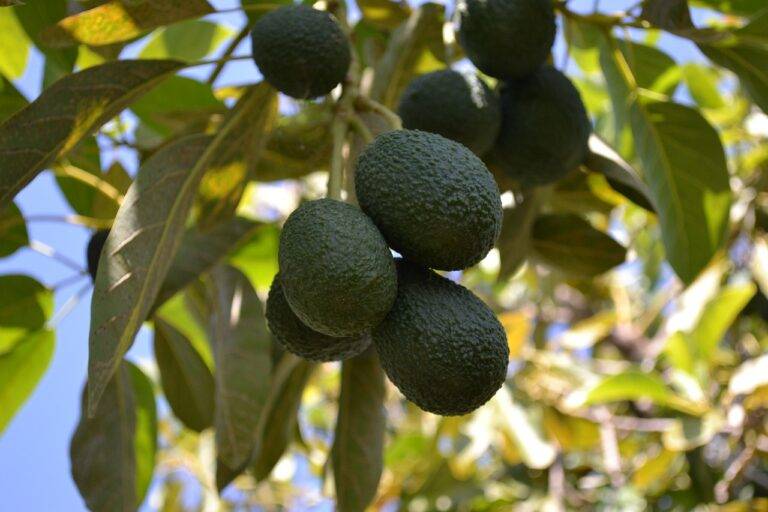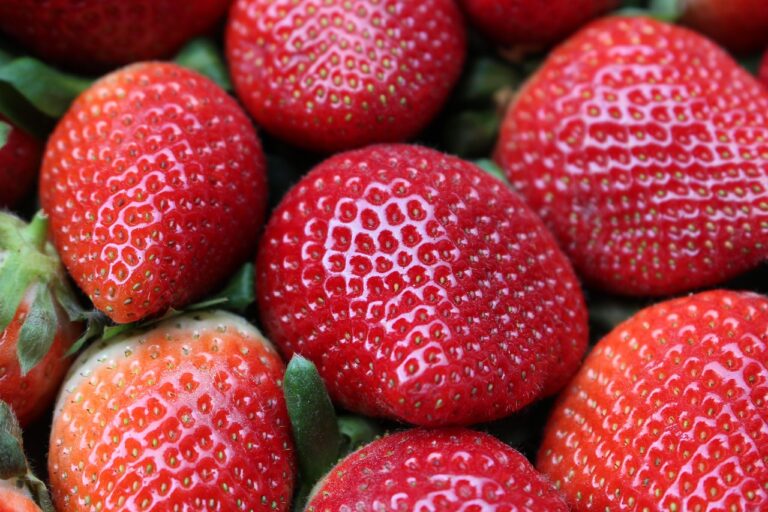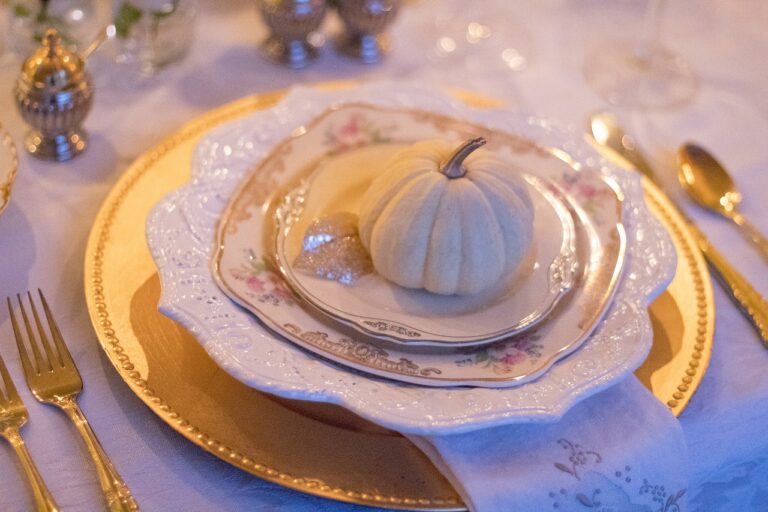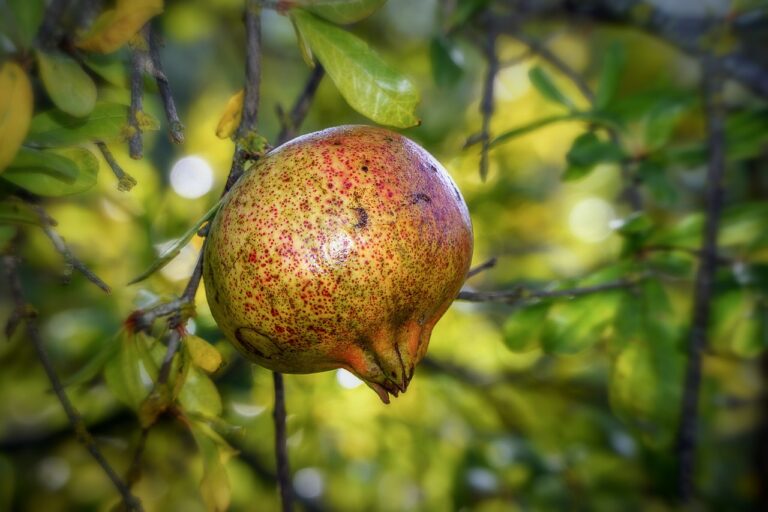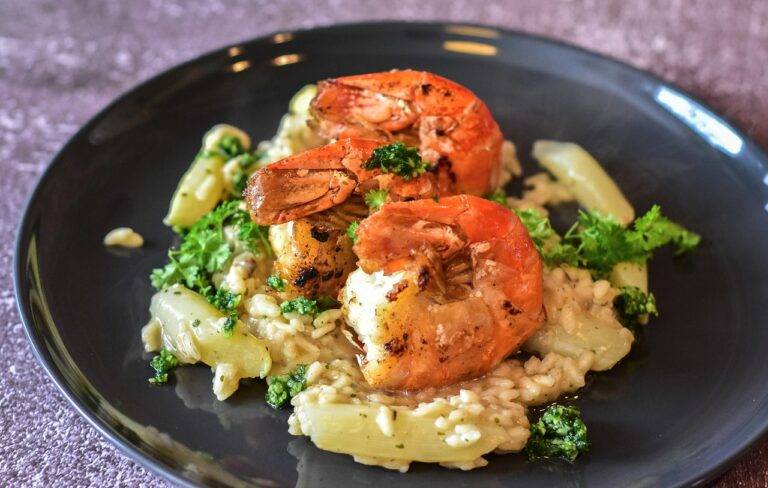The Power of Food Rituals: Exploring the Cultural Significance of Mealtime Traditions
In the realm of human culture, food rituals have played a significant role throughout history. These rituals have evolved over time, reflecting the changing dynamics of societies and their values. From ancient religious ceremonies to modern-day dining etiquette, food rituals continue to hold a special place in various cultures around the world.
The evolution of food rituals has been influenced by factors such as globalization, migration, and technological advancements. As people interact and exchange ideas across borders, culinary traditions merge and transform, giving rise to new food rituals that blend the old with the new. In this ever-changing landscape, food remains a powerful tool for preserving cultural heritage and fostering a sense of belonging within communities.
The Role of Food in Cultural Identity
Food is not just sustenance; it serves as a powerful symbol of cultural identity. From special occasions to daily meals, the foods we eat and how we prepare them are deeply intertwined with our cultural heritage. The choice of ingredients, cooking methods, and even the way dishes are served all reflect the traditions and values of a particular culture.
In many societies, certain dishes are reserved for specific celebrations or rituals, reinforcing the significance of these events in the community. Recipes passed down through generations carry with them stories of ancestry and connections to the past. Through food, individuals can maintain a sense of belonging and connect with their roots, even in a rapidly changing world.

